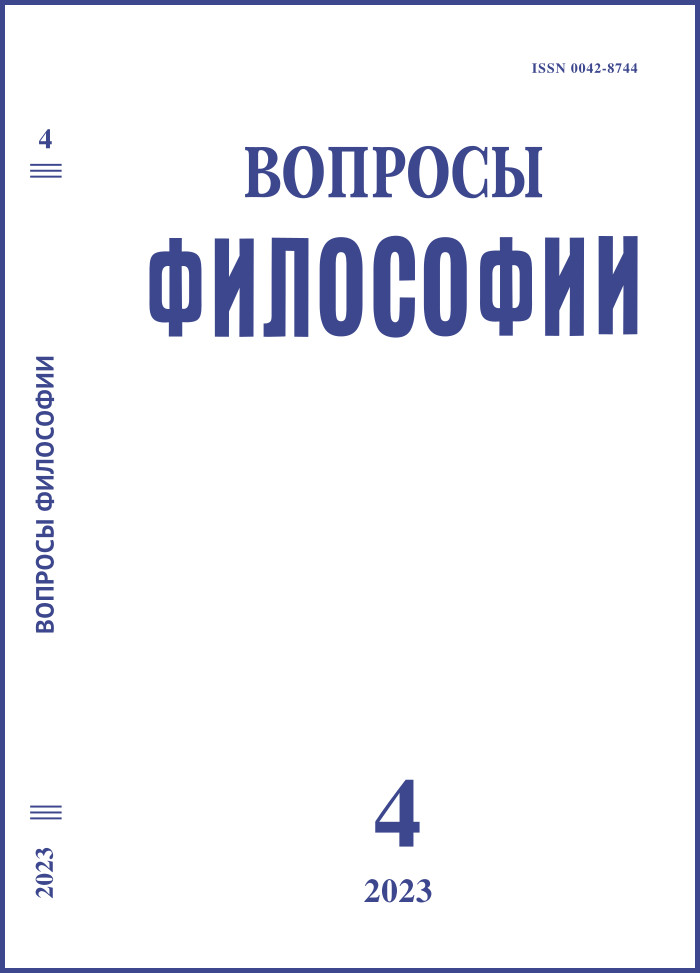Трансдисциплинарная исследовательская программа Н.И. Жинкина: внутренняя речь и ее экспериментальные проекции
DOI:
https://doi.org/10.21146/0042-8744-2023-4-60-69Аннотация
Философское и теоретическое наследие известного отечественного философа, психолога, теоретика кино Николая Ивановича Жинкина (1893–1979) осмысливается в статье как целостный культурно-исторический феномен. Опираясь на его фундаментальные труды и архивные материалы (письма, черновики, конспекты докладов и статей), авторы предпринимают попытку реконструировать основные характеристики его трансдисциплинарной исследовательской программы и продемонстрировать ее актуальные экспериментальные проекции. В ранних философских, феноменологически ориентированных трудах Н.И. Жинкин контурно наметил методологический путь, который последовательно реализовывал в гуманитарно-научных – психологических, семиотических, логических и этологических – изысканиях позднего периода. Особое внимание авторы уделяют экспериментальным этологическим исследованиям Н.И. Жинкина. В дополнение к традиционным интерпретативным и переводческим стратегиям, позволяющим прояснять конкретные смыслы социальных «вещей», он экспериментально зафиксировал наличие коммуникативной системы в акустических криках обезьян. Таким образом, актуальность методологического пути Н.И. Жинкина заключается в том, что он использовал метод эксперимента для исследования социальных «вещей», то есть знаково-символической реальности (языка, мышления как внутренней речи, языковой памяти, информации)

